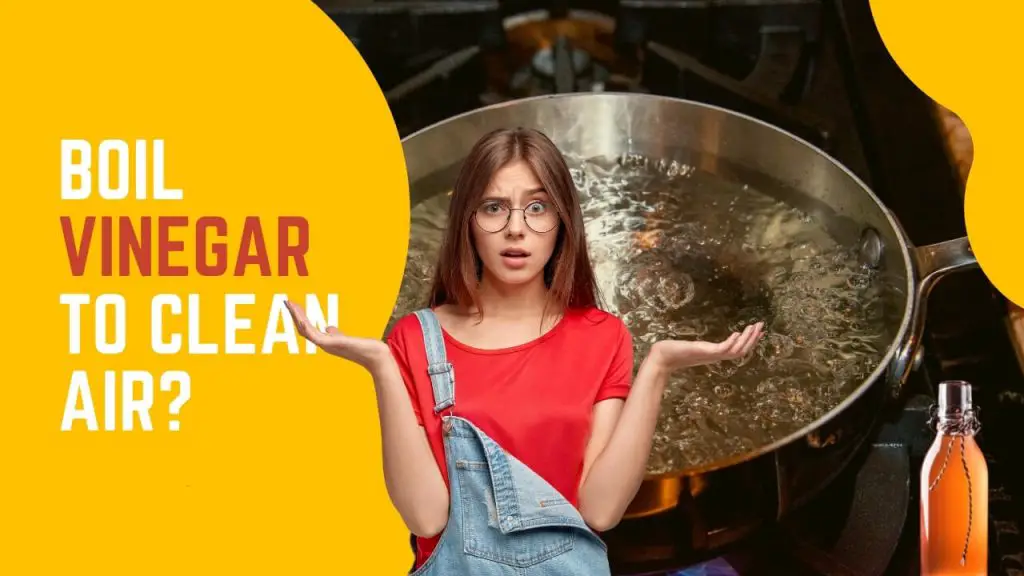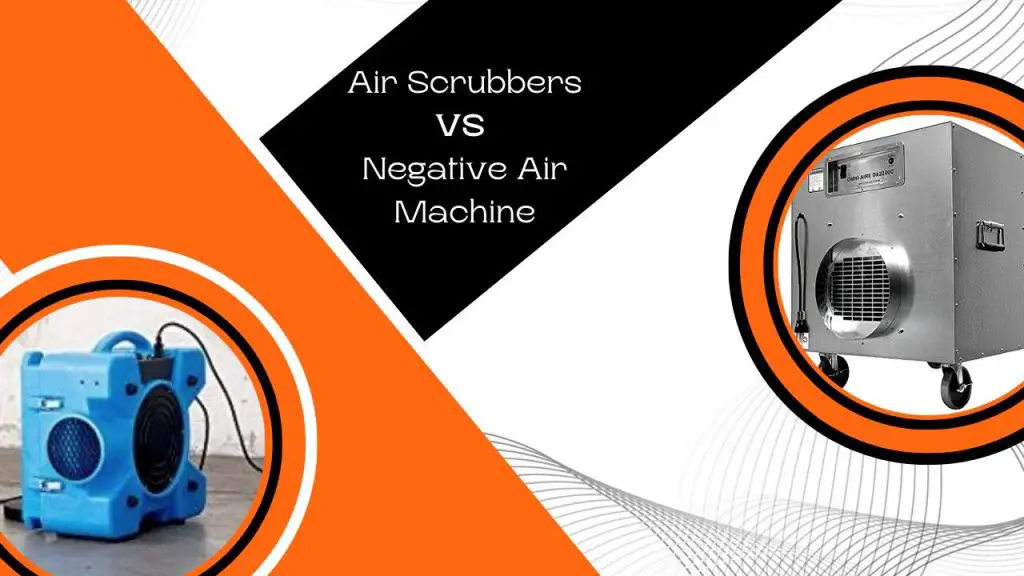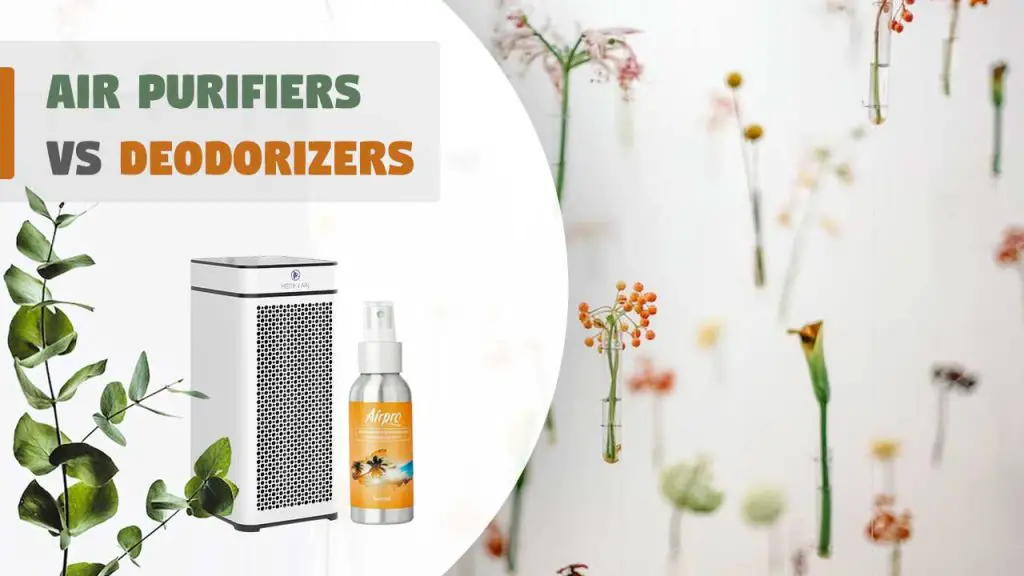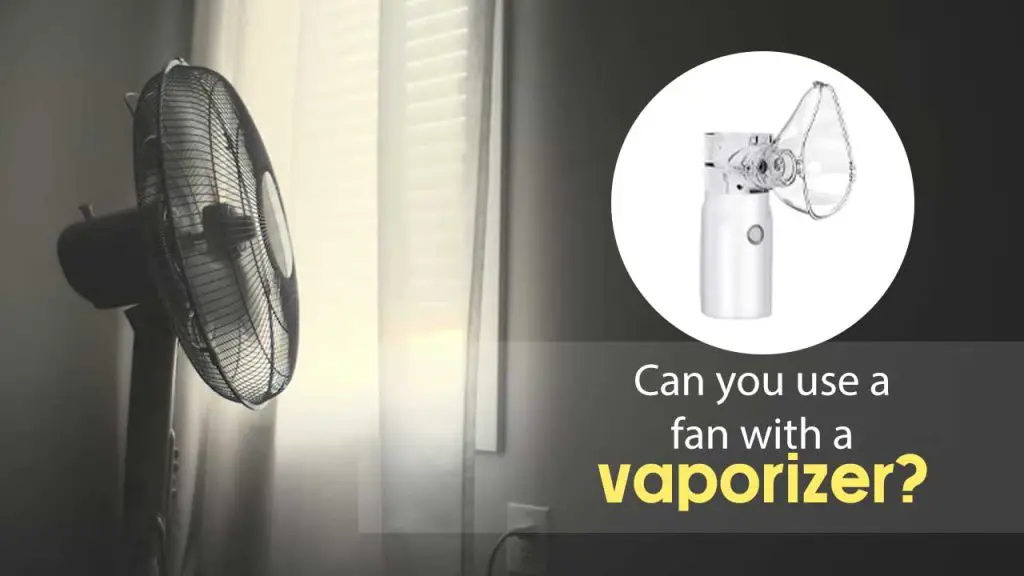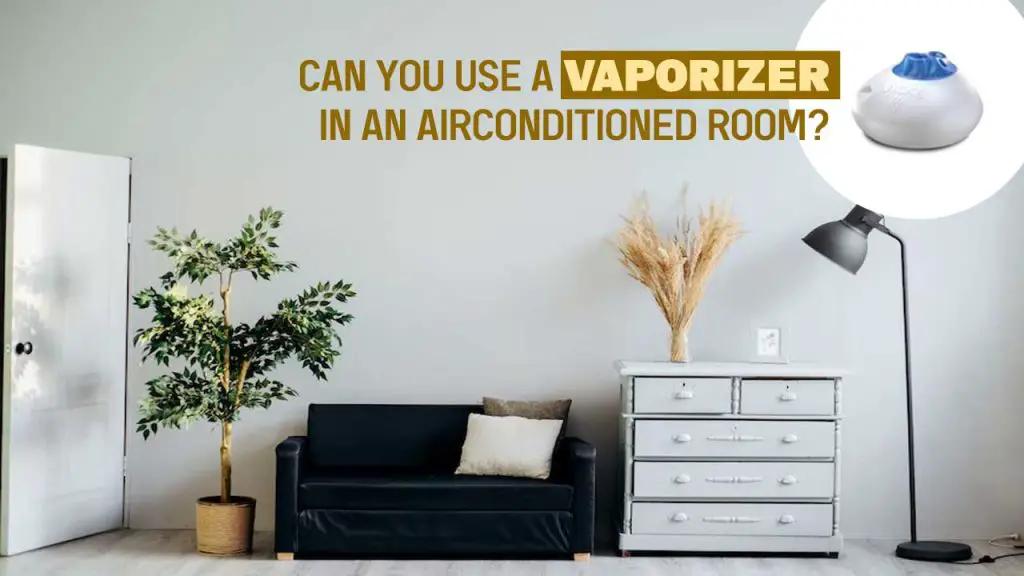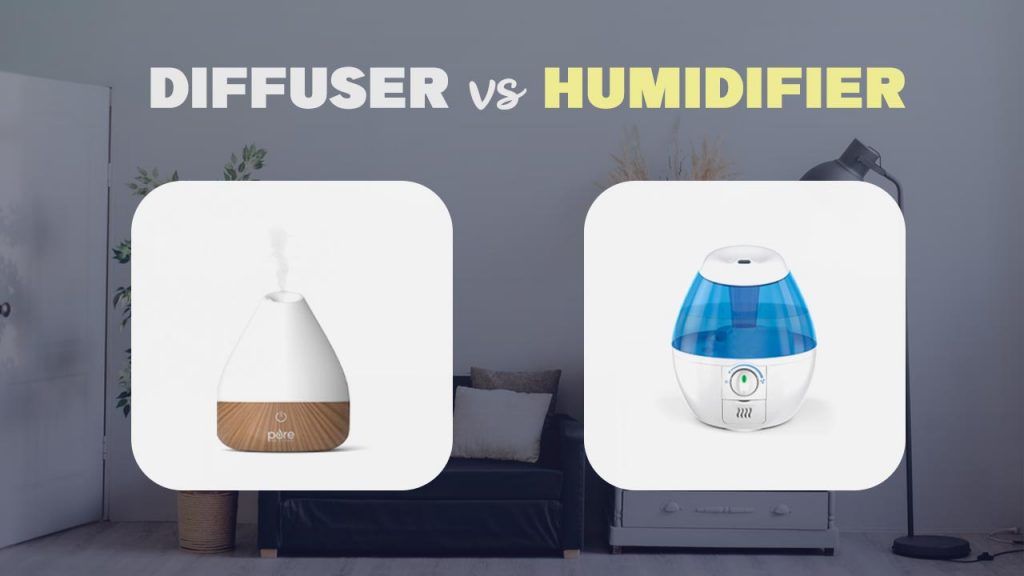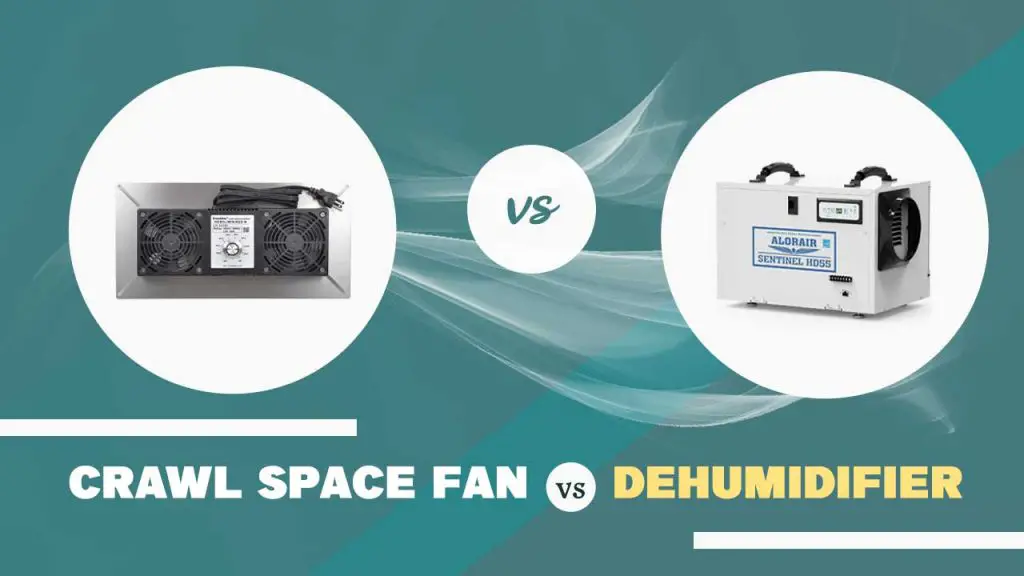We all know vinegar as a staple condiment in Asia, Europe and several other parts of the world. It is an acidic liquid that is gaining popularity within the natural health community for its nutritional and health properties.
In recent times, however, findings have been made to ascertain several other uses and benefits of vinegar in our homes.
There are strong indications that vinegar may have some disinfecting effect in the environment, with emphasis on the white vinegar variant.
This belief is extremely popular among the Chinese, stemming from practices dating centuries ago which suggested that steam from boiling vinegar has the power to clean the air.
During pneumonia scare in 2003, Guangdong residents scavenged the markets for white vinegar stocks to help them keep their homes free from the disease.
It is this practice from Chinese folklore that has been passed on through generations and is still widely carried out in many homes. But, does it really work? Does boiling vinegar clean the air?
Does vinegar purify the air?
As an ascetic acid, white vinegar can neutralize alkaline odors. In recent times, many users simply place a shallow bowl of white vinegar in the middle of the room throughout the night or for several hours of the day, to trap bad smells and keep the room fresh.
More traditionally, spraying is the practice. Using an atomizer, you can spray a fine mist of vinegar into the air as an air freshener to remove airborne odor-causing molecules in your home.
Note that vinegar has a pretty strong aroma and if you find it too pungent, you can dilute it before you spray.
It shouldn’t be hard to find white vinegar in your local store; fill the mister and spray around your room. For convenience, add only 1 tablespoon of vinegar to a cup of water.
One advantage of using vinegar as an air freshener is that it leaves your air smelling natural and doesn’t leave behind an irritant odor or chemical which may cause allergies.
All of the vinegar aroma actually leaves in a very short time. If you desire a scent in your home, you can spice things up by adding a few drops of lavender, lemon or cinnamon essential oil.
Is vinegar a disinfectant?
Vinegar is a strong choice for breaking down dirt and debris, and removing odor from the air. It is also becoming very popular as a cleaning agent for countertops, sinks and other surfaces in our homes.
As a disinfectant, however, white vinegar is largely limited. Unfortunately, the 5-percent acetic acid content of vinegar is not enough to kill all germs, viruses and bacteria.
Pathogens like Salmonella, Escherichia Coli and Listeria Monocytogenes, among others may be destroyed or reduced by vinegar.
Healthline makes reference to a 2010 study that revealed that a solution containing 10% malt vinegar was effective in destroying the Influenza A virus.
Yet, it is still quite limited as a disinfectant, especially against some germs like SARS-CoV-2. Furthermore, vinegar lacks certain ingredients that are needed for the effective destruction of harmful germs.
According to the Environmental Protection Agency, this destruction must take place within 10 minutes.
Can you boil vinegar to clean the air?
The issue of boiling vinegar has stirred controversy over the years. While some quarters believe that simmering vinegar will produce some odor-fighting properties into the air and deodorize your home, there are those who kick against boiling vinegar in its entirety.
Those who support boiling vinegar say you may also take the steaming pot from one room to another and while the smell may be offensive, it dissipates quickly and takes every lingering odor in your home with it. But is there any science to this? Will boiling vinegar kill germs?
Many scientists have debunked claims that vinegar, especially boiled vinegar can disinfect your home. In fact, the American Environmental Protection Agency (EPA) has refused to recognize vinegar as a disinfectant.
According to them, you would need sufficient and concentrated amounts of acetic acid to have a chance of disrupting Influenza virions and such amounts may prove toxic to humans. By boiling vinegar, you’ll lose some of the potency of vinegar in the air.
Furthermore, flu-causing virus particles do not live in the air (in the real sense of it) but dwell in moisture droplets from the nose or mouth of infected people and excreted (via coughing or sneezing) as aerosols that either fall on nearby people or surfaces.
So, in the first place, the idea of disinfecting the air is a wrong premise, except if it is to take out allergens that float in the air for quite a while, dander, dust mites and so on.
In that case, there is some anecdotal knowledge that vinegar can break down such air particles and destroy them as a result of its acetic acid content.
You may have to settle with using vinegar as a deodorant and for eliminating pathogens in the air. Products like Lucy’s Family Owned – Natural Distilled White Vinegar are quite popular among households in the US and beyond.
How does boiling vinegar remove odors?
Let’s first understand the science of odors. Even though we fail to admit it, the human nose is a delicate chemical sensor, almost as powerful as that of the canine snoots.
Before an odor breaks out, a chemical transformation must have taken place. It begins as a volatile molecule- sometimes as liquid turning to gas- searching for any matter or object to attach to.
As you inhale these molecules, they get into your airways. It is from here that the soluble scent molecule attaches to a thin layer of mucus which then sends a message to your brain to decipher what is in the air.
Boiling vinegar may prove effective against such odors. All you have to do is put a cup of white vinegar into a pan and let it simmer for an hour.
This action will vaporize the acetic acid which has the power to bond with volatile molecules (remember our science of smell?). This will eliminate the odors in your home.
Because the vinegar mist also wants to bind with something, it will leave the air looking for anything to bind with. You may add some baking soda to get some foam and use that as a deodorizing cleanser.
Does boiling vinegar kill germs in the air?
For a straight answer, we’ll say No. Although vinegar can kill pathogens, it must be by direct contact for up to 30 minutes, which is the amount of time needed by acetic acid to decimate them.
Depending on the size, airborne germs will stay in the air from a few seconds to as many as 3 hours. Those lesser than 100 micrometers in size will float for several minutes or hours, aided by airborne dust or particles.
So, most germs do not remain in the air and boiling vinegar may not be effective against them, as vinegar mist needs something to attach to in the air.
However, using white vinegar as a cleaning agent on surfaces, sinks, doorknobs and other parts of your home will yield better results. Even so, only some pathogens can be eliminated by vinegar.
What happens when you boil white vinegar?
Vinegar is about 95% water and 5% acetic acid. When you boil vinegar, evaporation takes place, changing the acetic acid and water from liquid to gas.
However, acetic acid has a lesser vapor pressure than water, causing the water to dominate this vapor phase and then decrease in the liquid phase.
So, what happens is, as you continue to boil, you’ll have more water evaporating thereby increasing the concentration of the acetic acid in the pot.
This is because the boiling point of acetic acid is 118 C and higher than water, you will see more of the water content evaporating than acetic acid.
This is one of the reasons it may not be as effective against most airborne germs; the composition of the vapor has very little acetic acid (probably less than the 6% required to terminate some germs).
Furthermore, while the typical vinegar fumes may simply pose some discomfort, high concentrations can cause serious damage, especially to your little ones.
Their eyes, esophagus and stomach may be affected due to overexposure of high concentrations of vinegar. You must apply caution when you attempt to boil vinegar.
Final Words:
As powerful as vinegar has proven to be, as an edible condiment and as a cleanser, it may not do so much when you boil it, except you simply need to deodorize your room.
We’ll strongly advise against boiling vinegar to clean your home. But if you must, you should apply caution. Use a cooker with a timer and boil for less than an hour. As much as possible, ensure your little ones are away and keep off as well.
| Photo | Title | Buy |
|---|---|---|

|
LEVOIT Air Purifier for Home & Bedroom - For Allergies and Pets Hair | Check Price On Amazon |

|
BREEZOME 60 OZ Quiet Dehumidifiers for Home, Dual-Semiconductor | Check Price On Amazon |
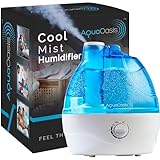
|
AquaOasis™ Cool Mist Quiet Ultrasonic Humidifier for Bedroom & Large room | Check Price On Amazon |

|
43.3'' Portable Air Conditioners, 3-IN-1 Evaporative Air Cooler w/Remote | Check Price On Amazon |

|
BlueDri BD-AS-550-BL Negative Machine Airbourne Cleaner HEPA Air Scrubber | Check Price On Amazon |

|
Space Heater, VCK 24" 12ft/s Fast Quiet Heating Portable Electric Heater | Check Price On Amazon |
